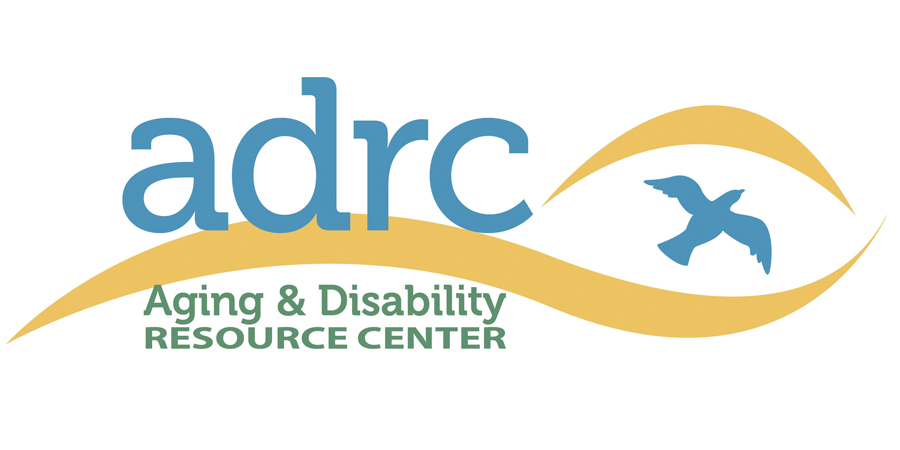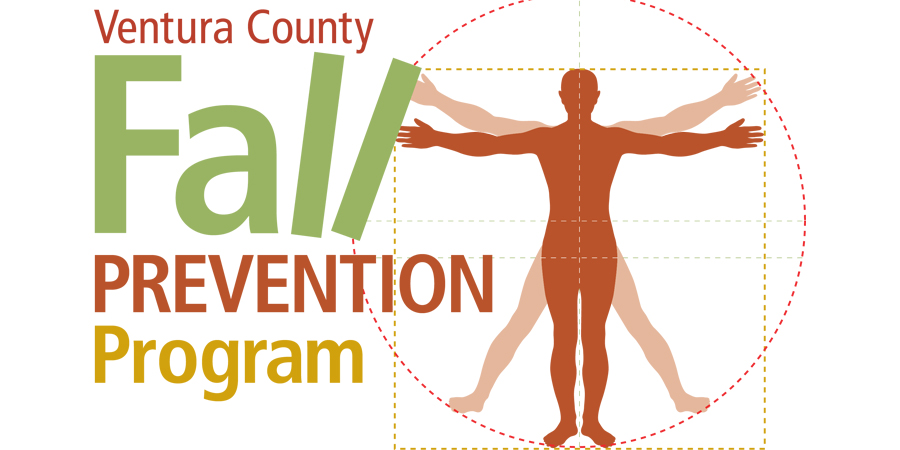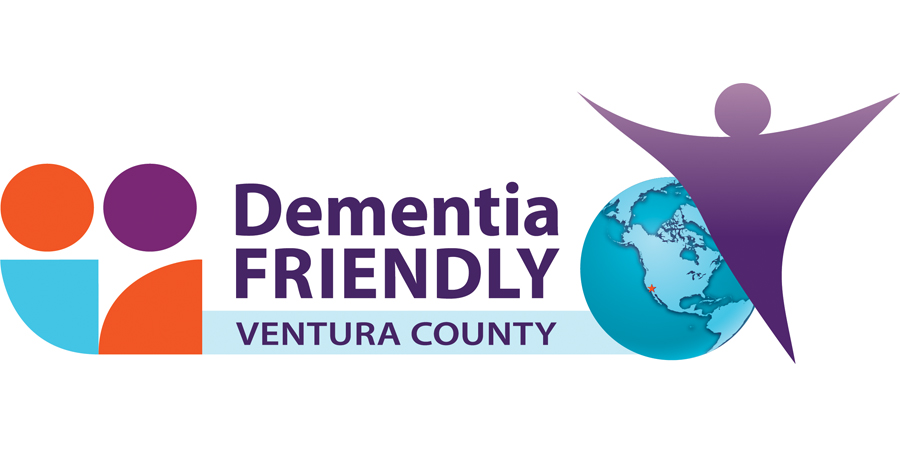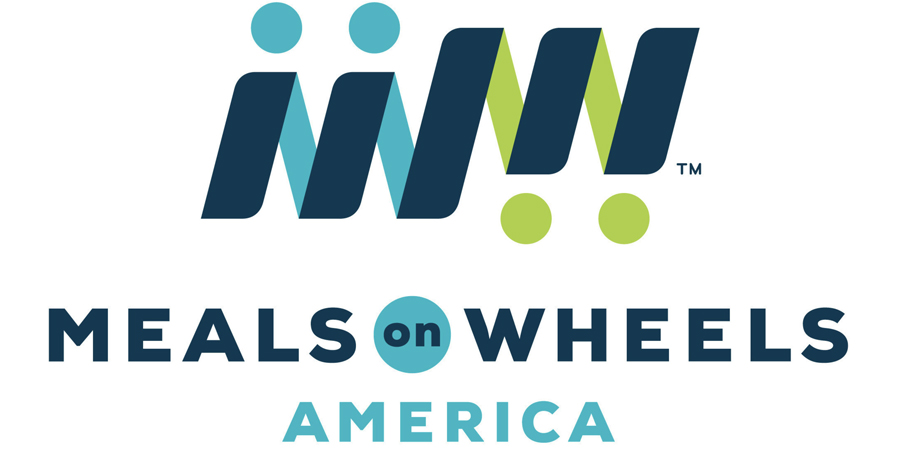IMPORTANT NOTE: The VCAAA office has moved to 4651 Telephone Rd.
Resource Center
Promoting the development and implementation of a comprehensive coordinated system of care that enables older individuals, children and adults with disabilities, and their caregivers to live in a community-based setting and to advocate for the needs of those 60 years of age and older in the county...
PUBLIC NOTICE :
Latest News

March 6 is #SlamTheScam Day
VENTURA, California –– On March 6, 2025, federal, state, and local government, non-profit organizations, and private companies are joining forces to help protect consumers from scams. Over the years, scams
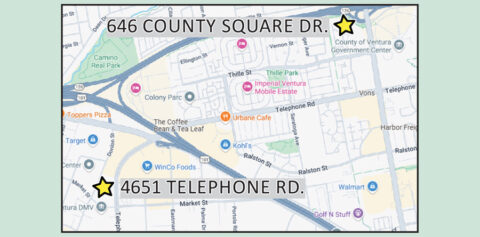
VCAAA Office Moving to 4651 Telephone Rd. in Ventura
VENTURA, California – The Ventura County Area Agency on Aging (VCAAA), a division of the Human Services Agency (HSA), will be relocating on Wednesday, March 5. The move will provide

March 6 is #SlamTheScam Day
VENTURA, California –– On March 6, 2025, federal, state, and local government, non-profit organizations, and private companies are joining forces to help protect consumers from scams. Over the years, scams

VCAAA Office Moving to 4651 Telephone Rd. in Ventura
VENTURA, California – The Ventura County Area Agency on Aging (VCAAA), a division of the Human Services Agency (HSA), will be relocating on Wednesday, March 5. The move will provide
Latest Video
Programs & Services
- Aging and Disability Resource Center
- Alzheimer's & Dementia
- Benefits Enrollment Center
- Caregiving Support
- Case Management
- Dementia Friendly Ventura County
- Depression Prevention
- Digital Resources
- Emergency Services
- Employment Support
- Fall Prevention
- Health Insurance Counseling (HICAP)
- Housing
- Legal & Financial Services
- LGBT+ Aging Coalition
- Long-Term Care Ombudsman
- Senior Nutrition Program
- Transportation

